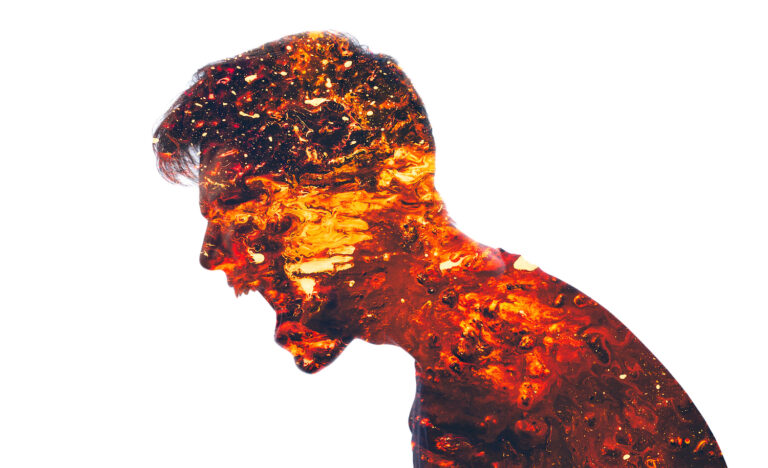HSPs, Do You Have a High Conflict Person in Your Life?
They’re up to 10 times more common than narcissists and do just as much damage. Here’s how to deal with them.

They’re up to 10 times more common than narcissists and do just as much damage. Here’s how to deal with them.

For years, I was misdiagnosed as having borderline personality disorder. But then I discovered the truth: I’m just a highly sensitive person.

If your feelings seem bigger, deeper, and more intense than those of other people, it’s because they are — you may be a highly sensitive person.

Research suggests HSPs have a stronger connection to nature — and it has a powerful effect on our minds.

Both scientists and therapists have begun to ask whether empathy does any good. Their findings may surprise you.

Highly sensitive people can be overwhelmed by intense emotions. Here’s the secret to stopping that, according to an HSP therapist.

Highly sensitive people may experience information overload more than others. Here’s what you can do about it.

There’s no “one-size-fits-all” solution to anxiety and depression. Instead, here’s what actually works, according to experts.

Highly sensitive people may respond to stress in a very different way than other people — physically as well as mentally.

Your attachment style helps determine how healthy (and happy) your relationships are — and there’s a lot you can do to change it.

Does being a highly sensitive person make you more prone to chronic illness and chronic pain? Here’s what the research says.

HSPs may get worse sleep quality and be at higher risk of insomnia. Is there a way to change that?
Join the HSP Revolution. One email, every Friday. Our best posts.